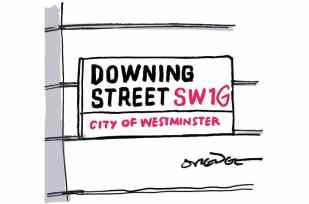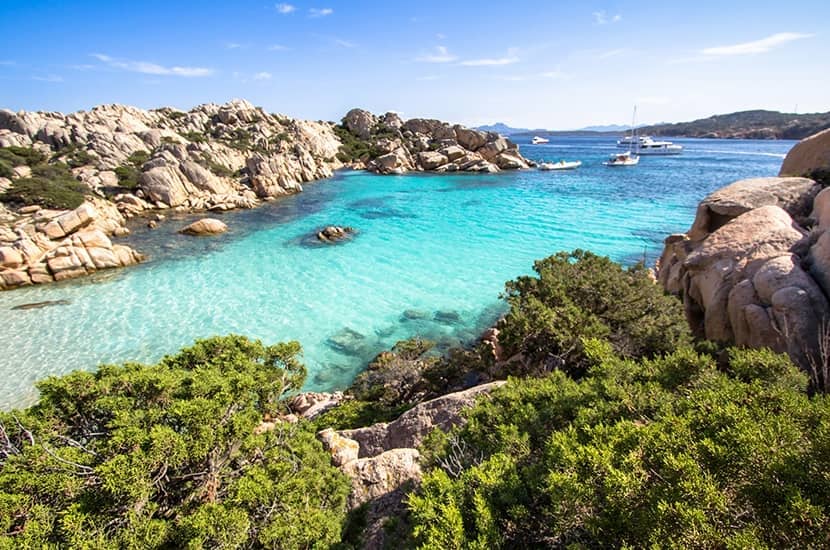The larger islands of the Mediterranean all have their glories. Fought over for millennia, they now seem to have attained stability as part of the post-1945 political order, but the records of the long epochs of conflict are among the most fascinating aspects of European history. The successive waves of conquest have left material to delight archaeologists and aesthetes.
Although western Sicily stands above them all, the intricacies of Sardinia’s history and culture can enthral the scholar, and the visitor. Prehistoric inhabitants left interesting traces as did Phoenicians, who were succeeded by Carthaginians, Romans, Vandals and Byzantium. Then, for more than four centuries, Sardinia was part of the Kingdom of Aragon. At various stages, it did not seem impossible that Aragon might also absorb Languedoc and reshape European geopolitics. Instead, Aragon joined with Castille.

As Spain declined, Sardinia was detached and ended up under the House of Savoy, as part of the Peace of Utrecht at the end of the War of the Spanish Succession. There was one final attempt to recapture the grandeur of Spain’s Golden Age. Philip V’s chief minister, Cardinal Alberoni, is a man who deserves to be better-known. If he had been in charge of a first-rate power, his renown might equal Richelieu’s. He tried to recover Spain’s Utrecht losses with a network of stratagems and alliances which spread from Sicily to Sweden via the Scottish Highlands. But he lacked the sinews of war. Defeated, Spain continued to slide backwards, Alberoni fled into exile and Sardinia’s destiny was linked with Italy’s. Yet it has never been wholly assimilated, as its cuisine and viniculture demonstrate.
I belong to an obscure club in an unpromising part of London, which manages to rise above its neighbourhood and devote itself to the pleasures of talk and the table. Our chefs, Andrea and Stefano, are Sardinian, and had no difficulty in persuading members to partake of a Sardinian banquet. The island’s principal grape is Cannonau. When I first drank a bottle, decades ago, it packed a punch. The girl who had brought it back regretted doing so. This was not a ladylike wine. We nicknamed it ‘red infuriator’. It would have passed muster on the Great St Bernard Pass if the rescue dog had run out of brandy.
Mainland wine-makers are interesting themselves in Sardinian vineyards
These days, everything has changed. Before moving on to a modern Cannonau, we began with a Vernaccia. That immediately evoked memories of San Gimigniano and the Piazza dei Cisterna, where I have drunk many a bottle of the local Vernaccia. It goes perfectly with the towers and the climate in a Tuscan summer and autumn; less well with a wet winter day in London. But this Sardinian Vernaccia, a sherry-like product of a solera, was a nutty aperitif. Then to Cannonau. The Keramos Isola Dei Nuraghi ’17 was an excellent red, managing to be both robust and subtle: perfect for the food. Antipasti were followed by fregato, a Sardinian pasta similar to couscous.
The pièce de résistance was a milk-fed lamb. Delightfully stimulated by garlic in just the right quantity, it had already acquired a hint of mutton. I would like to try our Sardinian friends’ take on that underrated meat.
Mainland wine-makers, including emissaries from Sassicaia, are interesting themselves in Sardinian vineyards. Although they are some way from producing a super-Sardinian, there is enthusiasm reinforced by tradition and also by the most up-to-date oenological methods.
All in all, it was a magnificent evening. The fare was suited to an English January, but also aroused nostalgia for the warm south and its beakers. They order some of these things better in Italy, as well as in France.






Comments